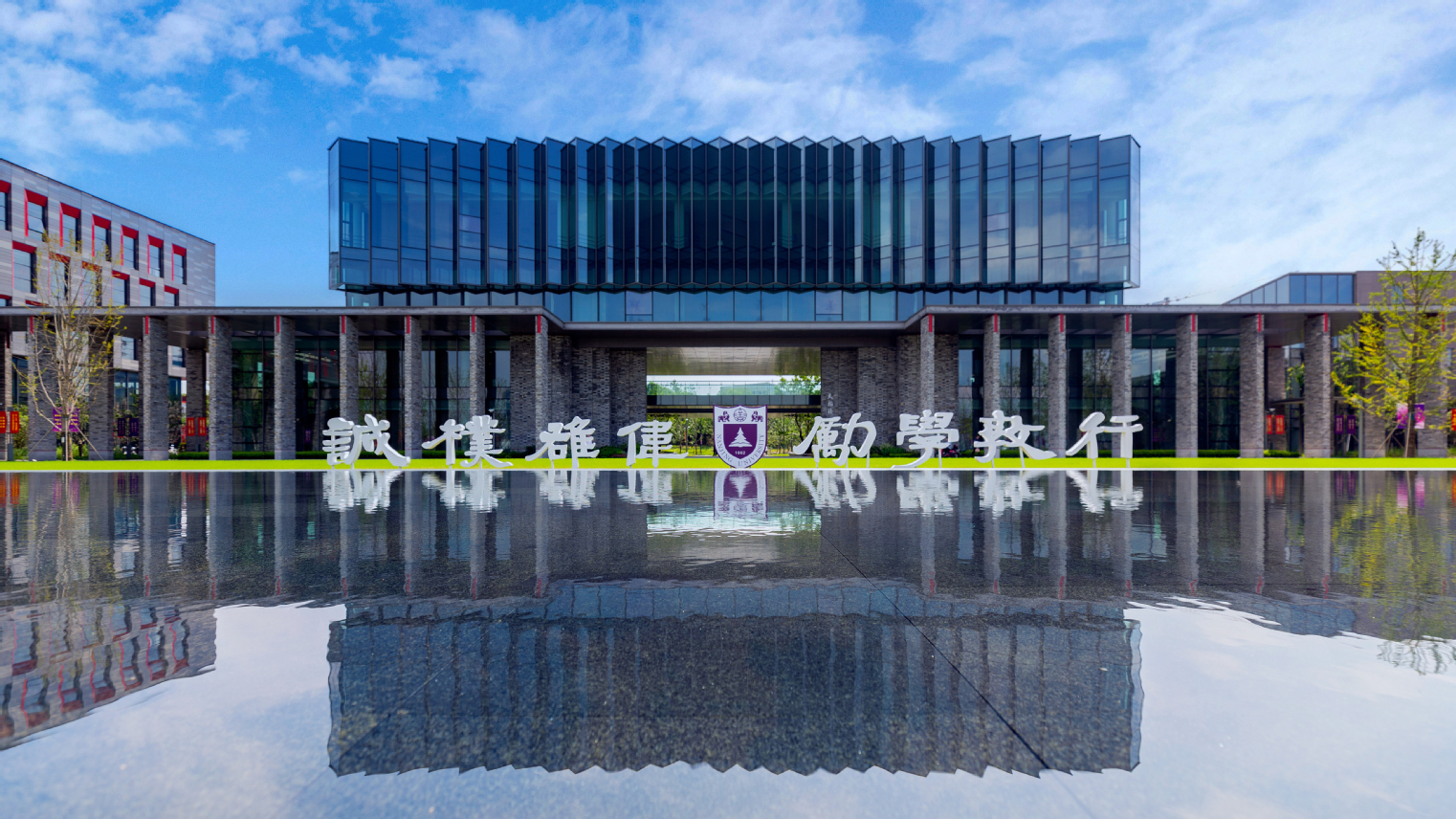In February of this year, Xu Ke, a recipient of Huawei's “Young Genius Program,” joined the School of Intelligent Science and Technology at Nanjing University. He used to be the Assistant Chief Data Scientist at Huawei Cloud. Transitioning from a key player in a corporate R&D department to a professor at a top - tier university, Xu Ke is not an isolated case at Nanjing University. Since its establishment nearly three years ago, the School of Intelligent Science and Technology has recruited eight outstanding scientific researchers on a full - time basis from tech giants such as Huawei, Tencent, Alibaba, Apple, and ByteDance: Associate Professors Zhang Zhenyu, Yi Zili, Tai Ying, Yao Yao, Zhao Fang, Xu Ke, Fu Chaoyou, and Liu Jiaheng. Talents are being attracted from diverse fields, and elites are returning. A “cross - boundary integration” is quietly taking place at Nanjing University...
Universities—Enterprises—Universities: Returning with a “Full Load” of AI Practical Experience
Eight outstanding scientific researchers, almost all born in the 1990s with an average age of under 35, have directly entered the cutting-edge of the industry from universities, gained experience through hard work, and then returned to universities to serve as doctoral supervisors.Tai Ying, an associate professor and doctoral supervisor at the School of Intelligent Science and Technology, believes that this is an excellent opportunity granted by the times.
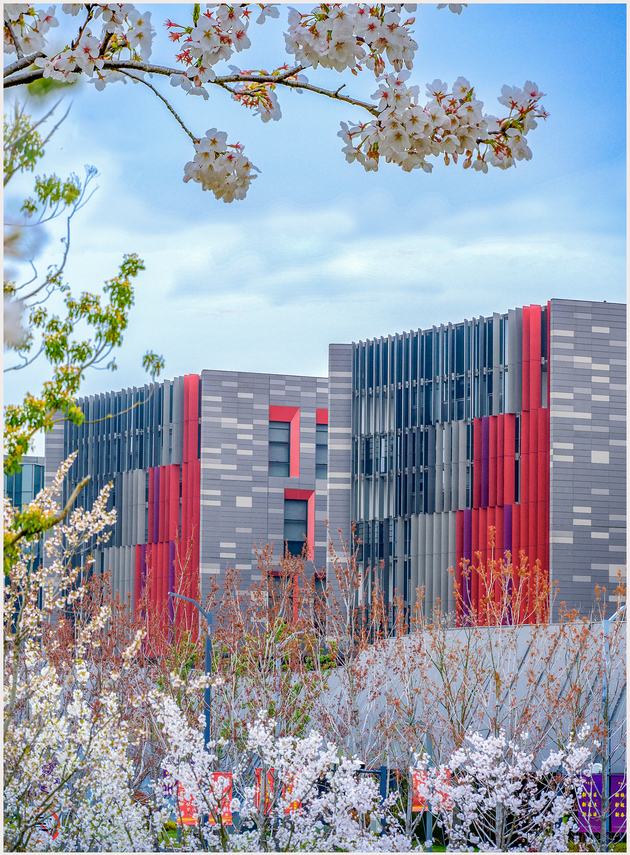
After obtaining her Ph.D. in 2017, Tai Ying joined Tencent immediately. That year coincided with the emergence of AlphaGo, a milestone in the development of artificial intelligence that directly spurred domestic Internet giants to increase their investment in AI research. At that time, I had no corporate experience and went straight to the market's cutting edge to develop and apply computer vision technology, she said. During her tenure as an expert researcher and research group leader at Tencent's YouTu Lab, Tai led her team in developing cutting-edge visual technologies, and several products such as the virtual background in Tencent Meeting, interactive digital humans, and AI face - fusion special effects were successfully launched. While these products were being implemented, Tai also led her research team to publish more than 50 papers at top - tier international AI conferences, focusing on visual perception and generation.
Like Tai Ying, the elite talents from major companies who join universities not only have high - level education and high - output characteristics but also have practical experience at the forefront of the AI industry, having led strategic products or technical solutions.
Liu Jiaheng, a specially - appointed researcher at the School of Intelligent Science and Technology, is only 28 years old this year. After obtaining his Ph.D. in 2023, he was selected for Alibaba's Alibaba Star top - talent program. During his time at Alibaba, he led a team of seven or eight people working on large - model training.My research direction during my Ph.D. was machine vision, and I happened to graduate during the boom of large - model technology, learning as I worked, Liu Jiaheng said. He added that the corporate environment is resource - intensive and offers a strong sense of achievement. At that time, I was working on the pre - training of large - model foundations at Alibaba, which is one of the core directions in the industry today and requires extremely high computational power, he said. Liu Jiaheng noted that the model provides merchants with exclusive customer service and product recommendations, significantly reducing costs and increasing efficiency.
In the new engineering field of artificial intelligence, which is oriented towards future technological and industrial demands, many advanced innovations in large - model and machine - vision technologies come from the corporate world,said Yao Yao, assistant to the dean and doctoral supervisor at the School of Intelligent Science and Technology. He added that AI companies are very perceptive and will acquire technologically advanced companies and absorb technical talents.
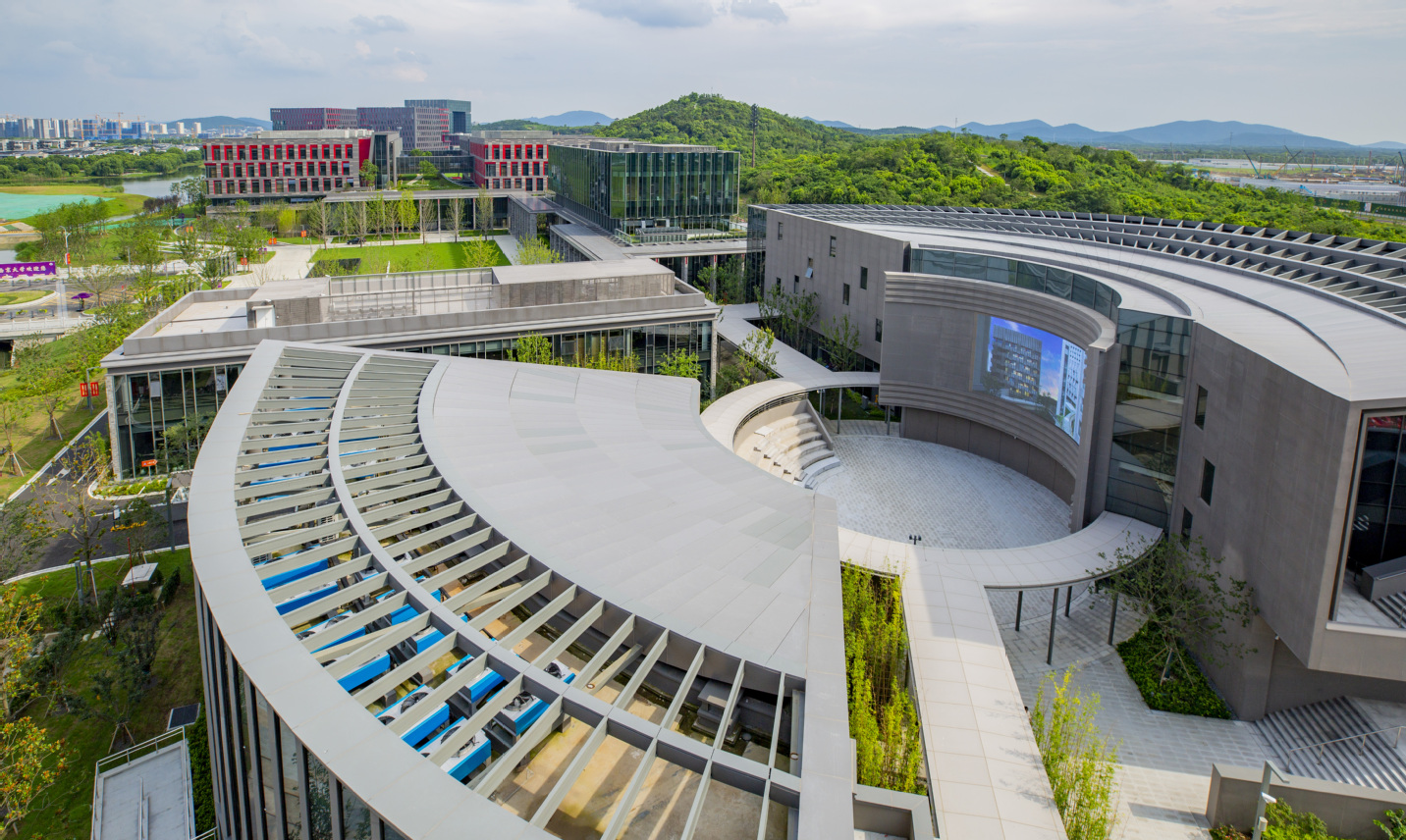
Yao Yao's experience is slightly different from others. He graduated with a bachelor's degree from Nanjing University in 2015 and then went to the Hong Kong University of Science and Technology to pursue a Ph.D. under Professor Long Quan, a world - class expert in the field of computer vision and graphics. Professor Quan founded the company Altizure at the university, which focuses on 3D reconstruction technology. Users can upload photos taken by mobile phones or drones to automatically obtain a 3D model. In 2020, the startup was acquired by Apple, and as a core member of the founding team, Yao Yao joined Apple with his team to engage in research related to 3D vision. Yao Yao said that the eight people recruited by the college from the industry are concentrated in cutting - edge directions such as machine vision and pattern recognition, and generative artificial intelligence. In terms of academic direction, they also highly match the future development direction of the college.
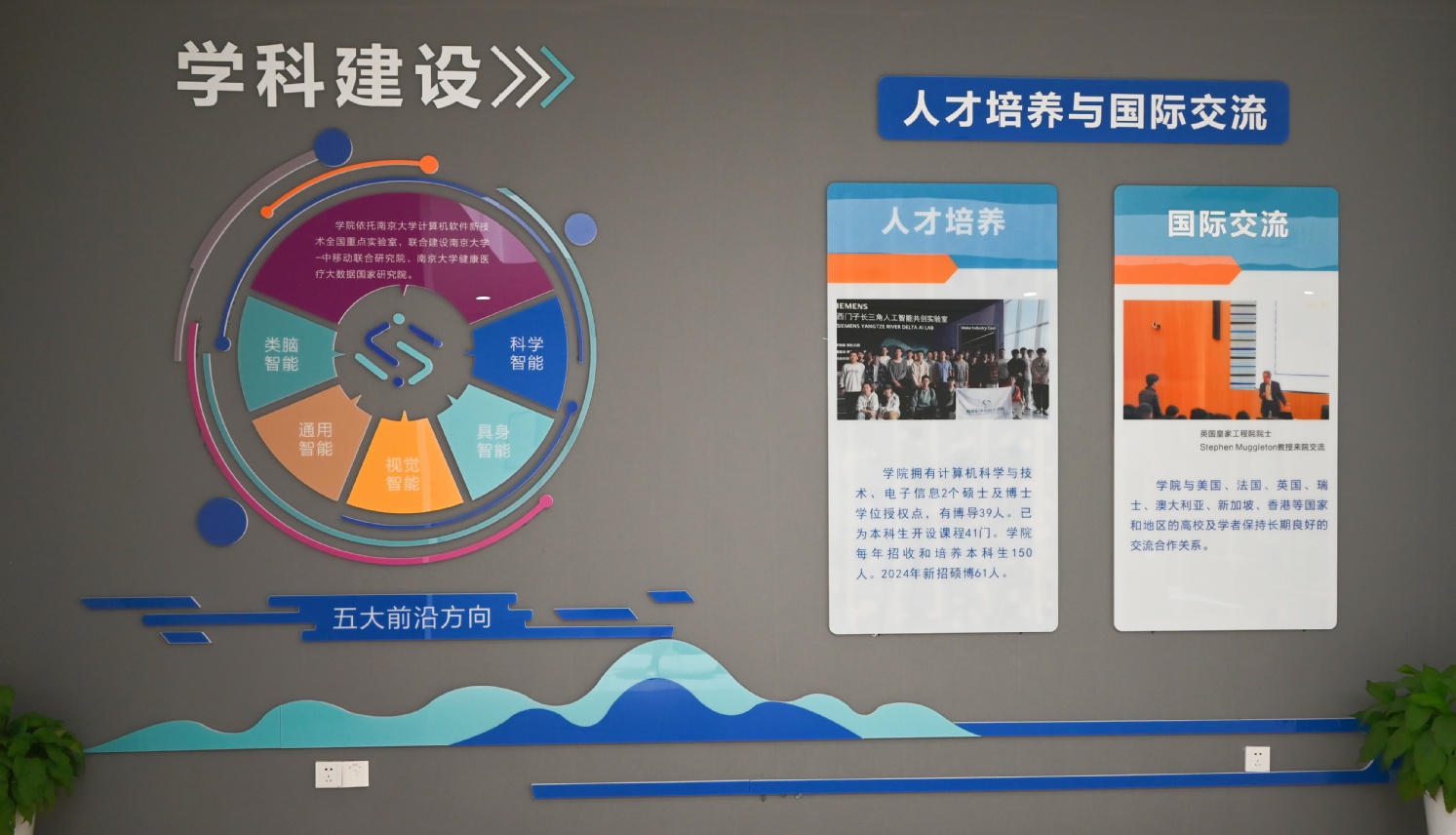
From Short - Term Goals to Long - Term Challenges: Calm Down but Don't Slow Down
For top - tier AI talents, time is as scarce a resource as computing power.In the later period of my work in the enterprise, 90% of my time was spent on business, said Tai Ying. In the Internet industry, research and application go hand in hand. Research is conducted to maintain technological leadership, with the focus on using technology to support business expansion. It's hard to delve into cutting - edge underlying technologies when you're busy meeting customers' individual needs, patching applications, and following up on services, she added.
As the Internet dividend gradually fades, competition among major companies is intensifying.Enterprises will shift their focus from pioneering research to commercialization, and correspondingly reduce their investment and support for long - term research, said Yao Yao. He believes that universities, with strong national policy support and a large number of basic research projects, are like patient capital in the vertical direction. In contrast, for enterprises, waiting for several years seems particularly luxurious. When an enterprise finds that a technology does not generate profits in two or three years, it may cut off the entire related R & D department, he said.
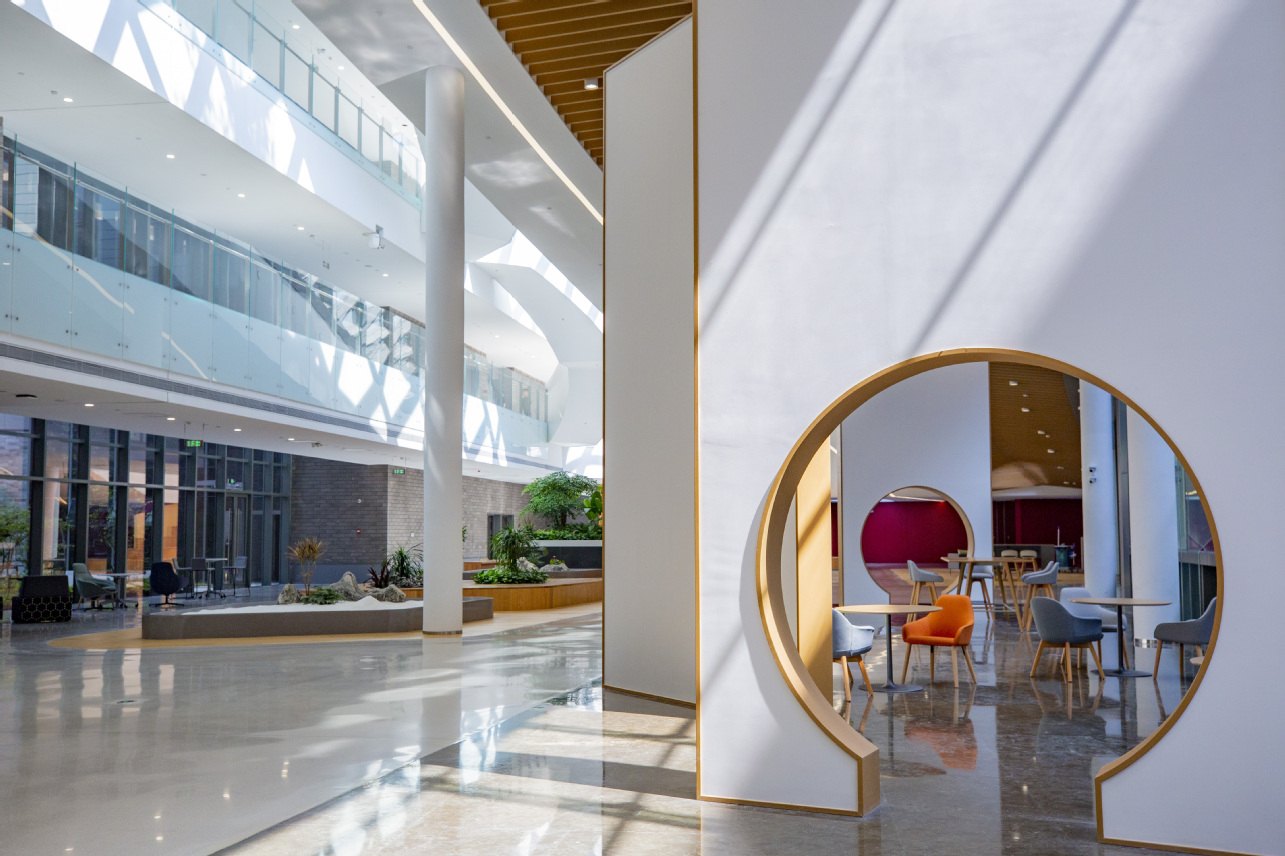
We need to establish more effective collaboration between the industry's pursuit of 'rapid iteration' and the 'long - term accumulation' of basic research,said Yao Yao. He pointed out that to achieve revolutionary breakthroughs in the AI industry, it is essential to conquer some underlying key technologies, which relies on long - term in - depth basic research. Nanjing University, as a stronghold of basic research, leverages innovative platforms like its Suzhou campus to deeply integrate its strengths in basic research with industrial demands.
He also noted that China has been actively promoting the integration of industry and education, introducing a series of preferential policies and supporting measures to clear institutional barriers for industry talents to enter universities. The Suzhou campus has opened a fast - track recruitment channel for full - time teachers and is advancing the construction of an academic new district, providing new development platforms for talents,he added.
For individuals, universities offer a more stable career development cycle. Coming to a university can help combat short - term anxiety in career development, but this does not mean it is easy. Among the elites from major companies, the word challenge is an absolute high - frequency term.
In Yao Yao's view, leading a research team at a university is easier than starting a business, but more difficult than working in a company. You have to identify a direction and stick to it, but there will be many things that do not go as expected along the way, and you have to endure the uncertainty, he said.
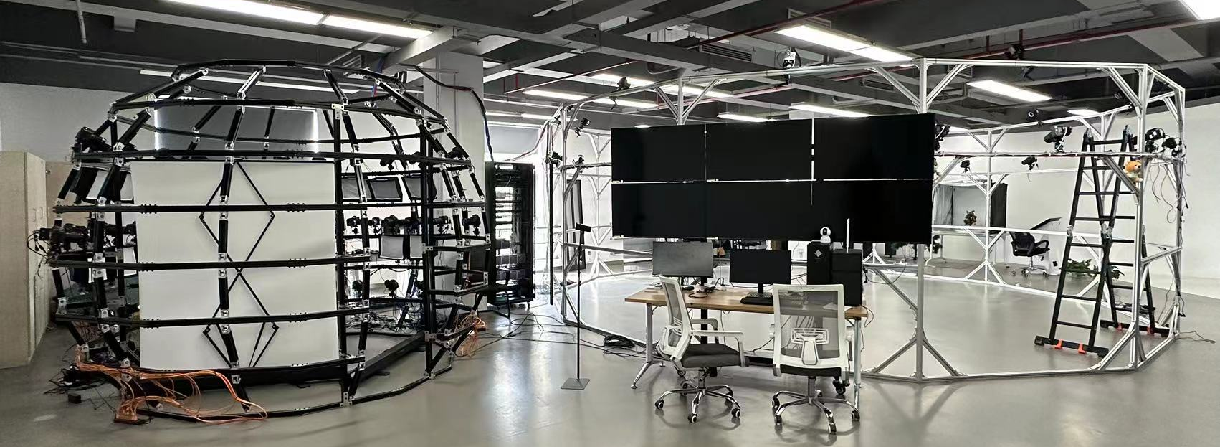
Having been tempered by the industry and witnessed the successive explosions of technological products, former elites from major companies have a stronger sense of urgency. In the past, when we input text, AI could only generate pictures with rough textures. But in just the past one or two years, AI has been able to generate a video of tens of seconds with reasonable motion and clear picture quality from text, said Tai Ying. She added that in the field of video generation, where competition is fierce among all parties, the technical difficulties are also common, such as how to make it more delicate and controllable. If we can take it to the extreme, everyone can be a director in the future, generating video - level content. I hope to have my own representative works in the future.
Liu Jiaheng, who has been on the job for only two months, maintains the same pace as he did when working for a major company, entering the office in the morning and returning home after 11 p.m. He is currently applying for a fund project. Although the planning cycle for a fund is generally three years, he believes this time frame has little reference value. The track of base model pre - training is very competitive. Any idea you can think of may be worked on by 10 teams in China at the same time, he said. The speed of large - model iteration has put universities and enterprises in the same time zone, which also forces him to keep running in the competition. What if the problem I want to work on has been solved by others before the fund project is concluded?
Redefining Boundaries: The Education and Industry Sectors Are Destined for a “Win - Win” Situation
Standing at the forefront of technology, universities and enterprises are like the two sides of a coin, interdependent and mutually empowering. In the cutting-edge field of AI, this wave of talent mobility is redefining the boundaries between enterprises and universities.
After returning to academia, the eight outstanding talents from the industry quickly integrated into the academic community, forming a diverse and integrated team with other faculty members in the college. At the same time, they continue to engage in in-depth industry - academia - research cooperation with top - tier companies in the field.
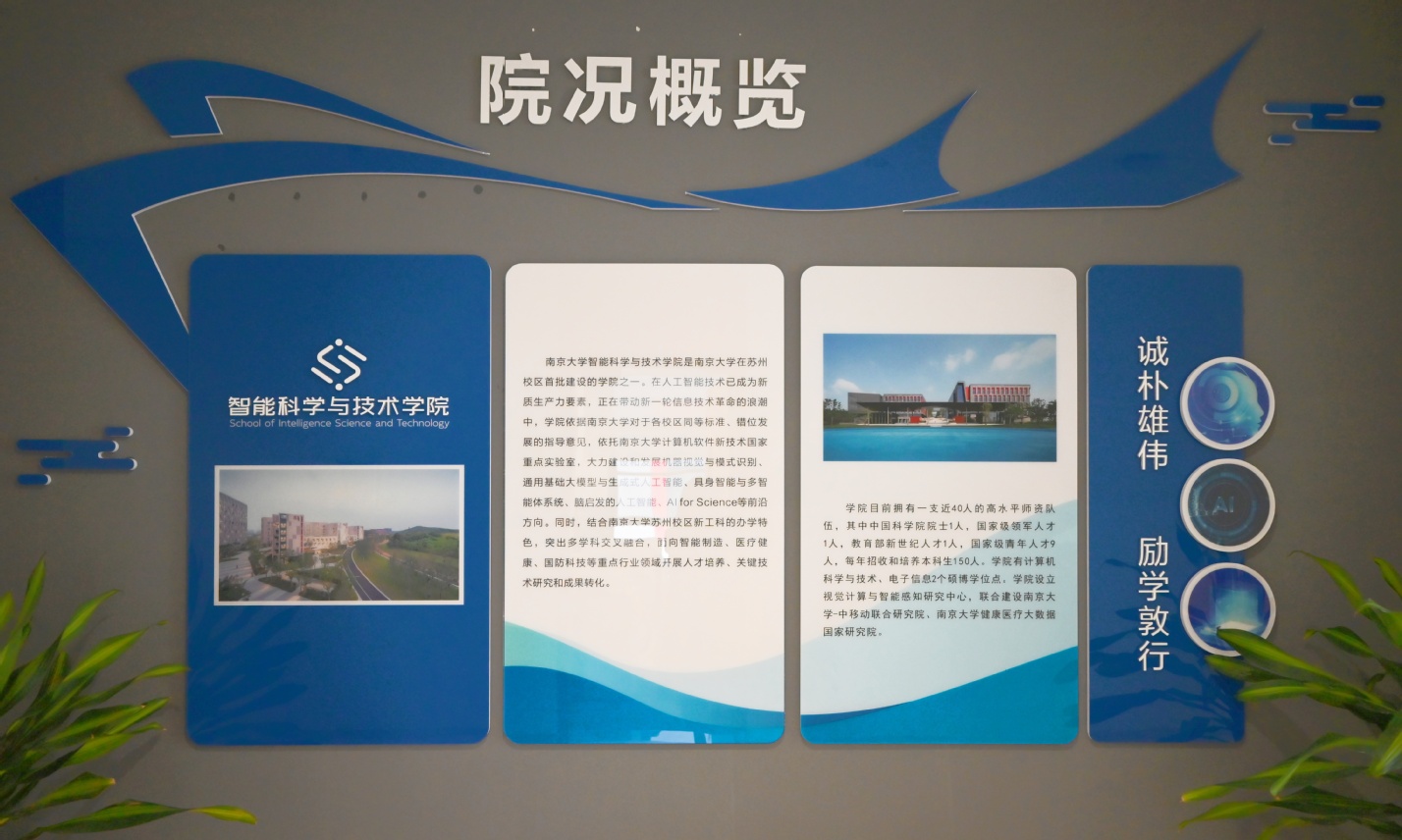
Led by Yao Yao, the 3D vision team currently comprises over 10 master’s and doctoral students, primarily focusing on the application research of artificial intelligence represented by 3D computer vision. In addition to collaborations with companies such as Apple, Huawei, and Insta360, the team actively engages in exchanges and cooperation with local enterprises in Suzhou, where the college is located. The university conducts basic research, while enterprises provide data and computing power, and all parties involved show great enthusiasm.Liu Jiaheng said, “When I was at Alibaba, I had very close cooperation with Doubao, ByteDance, Tencent, and Kuaishou, forming a virtuous feedback loop. I also co-founded an open-source organization for large models with some friends from these companies, where we often exchange and share ideas.”
The involvement of industry talents has also brought a fresh breeze to university courses, breaking down the barriers between industry, academia, and research. Chen Linzhuo, a first-year doctoral student of Yao Yao, found that the teacher would introduce some product projects as teaching cases in the courses and invite people from the industry to systematically elaborate on the entire process from technology research and development to product commercial operation. In daily scientific research, the teacher requires students not only to read academic literature but also to closely follow the technical application cases of start-up companies to discover potential research directions. “This industry-academia-research integration approach has greatly expanded the horizons of my academic research,” he said.
The elites from major companies are building bridges between university talent cultivation and industrial demand, and the boundaries of traditional scientific research are quietly melting away.
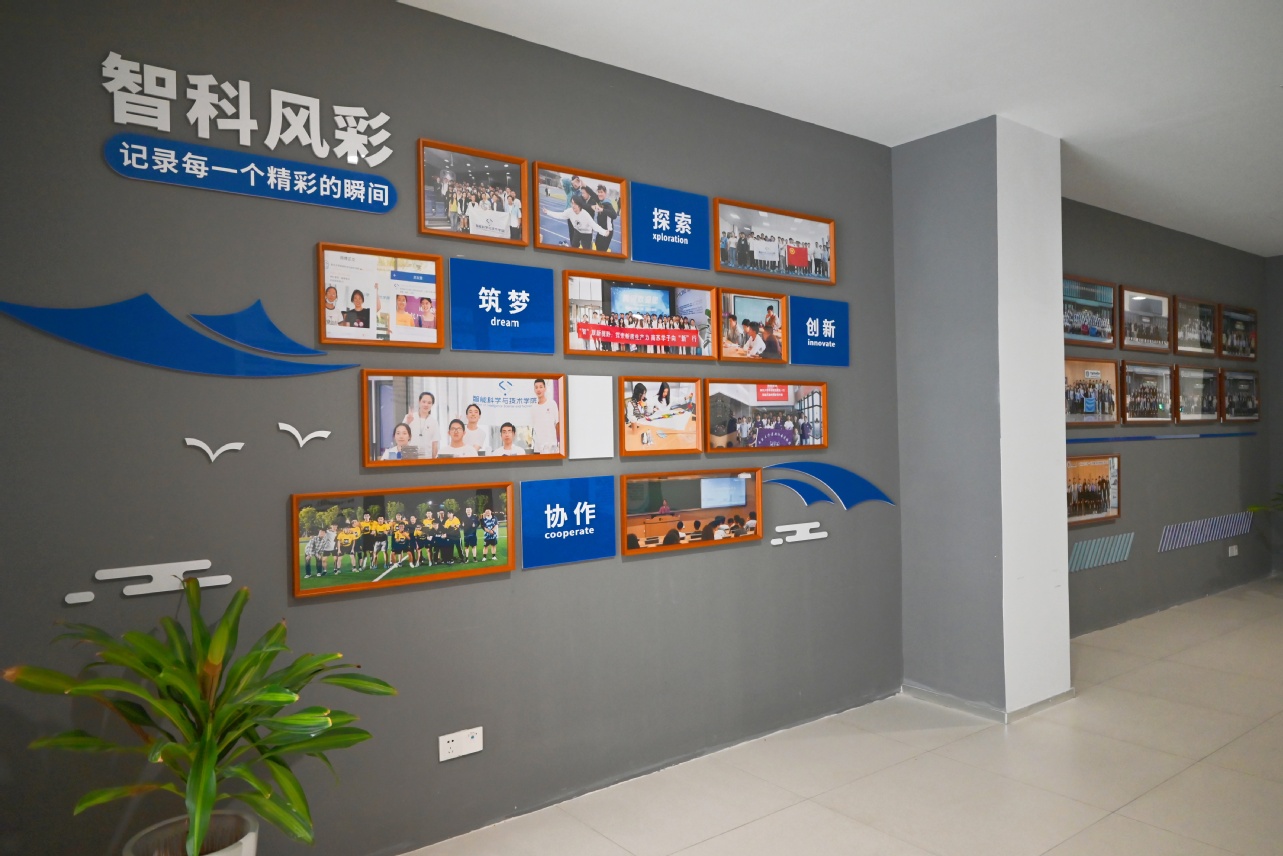
Tai Ying's doctoral students generally intern at top - tier companies.He believes that on the one hand, there is a practical need from the industry for versatile talents, and on the other hand, he also hopes that students will develop the awareness to identify real - world problems from the industry. In his past guidance, Tai found that some students, after seeing a paper on a task, would want to improve upon others' work. I asked them why they wanted to work on that task. The students actually didn't know. They just saw the paper and thought they could write about it, he said.
Nan Kepan, a first - year doctoral student at Nanjing University's School of Intelligent Science and Technology, enrolled in September last year but started his internship at a major company half a year earlier. At that time, ByteDance needed interns for video generation, and I immediately asked Professor Tai to recommend me, Nan said. He added that companies not only have computing resources that universities lack, but some products and tasks are also very inspiring for research. He and his colleagues proposed a new high - quality text - video dataset of over a million entries called OpenVid - 1M, which is open - sourced to the academic community to promote academic research centered on high - quality videos. The dataset has been downloaded more than 200,000 times globally and was presented at the International Conference on Learning Representations (ICLR) 2025.
More and more students are finding their own research topics when their research groups collaborate with companies, said Yao Yao. He noted that this largely solves the problem of AI courses lagging behind industry development. Looking ahead, the School of Intelligent Science and Technology, relying on Nanjing University's Suzhou campus, will continue to deepen cooperation with the industry to better serve the economic development of the nation and local areas. At the same time, it will remain a stronghold of long - termism and become a true source of original breakthroughs in AI.
